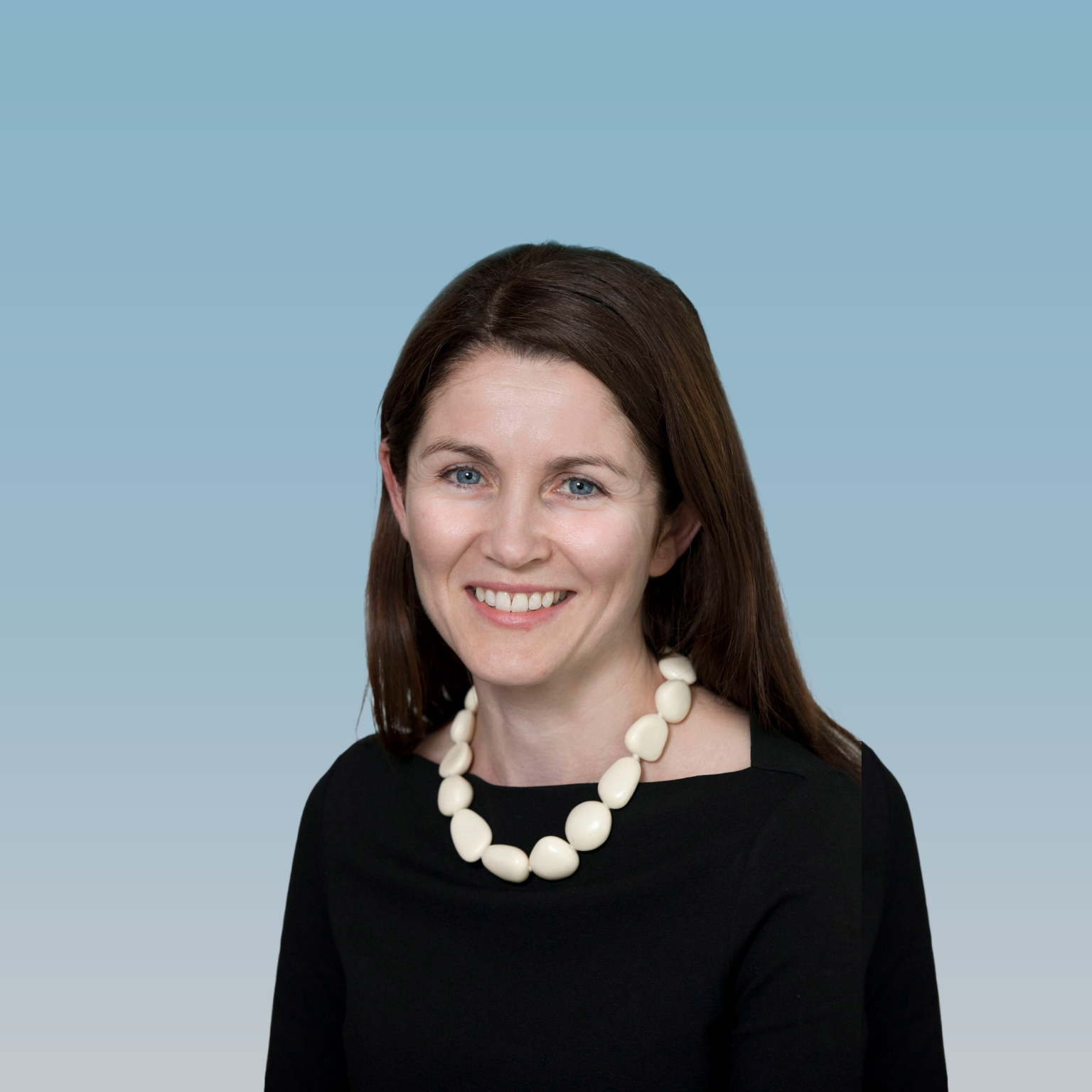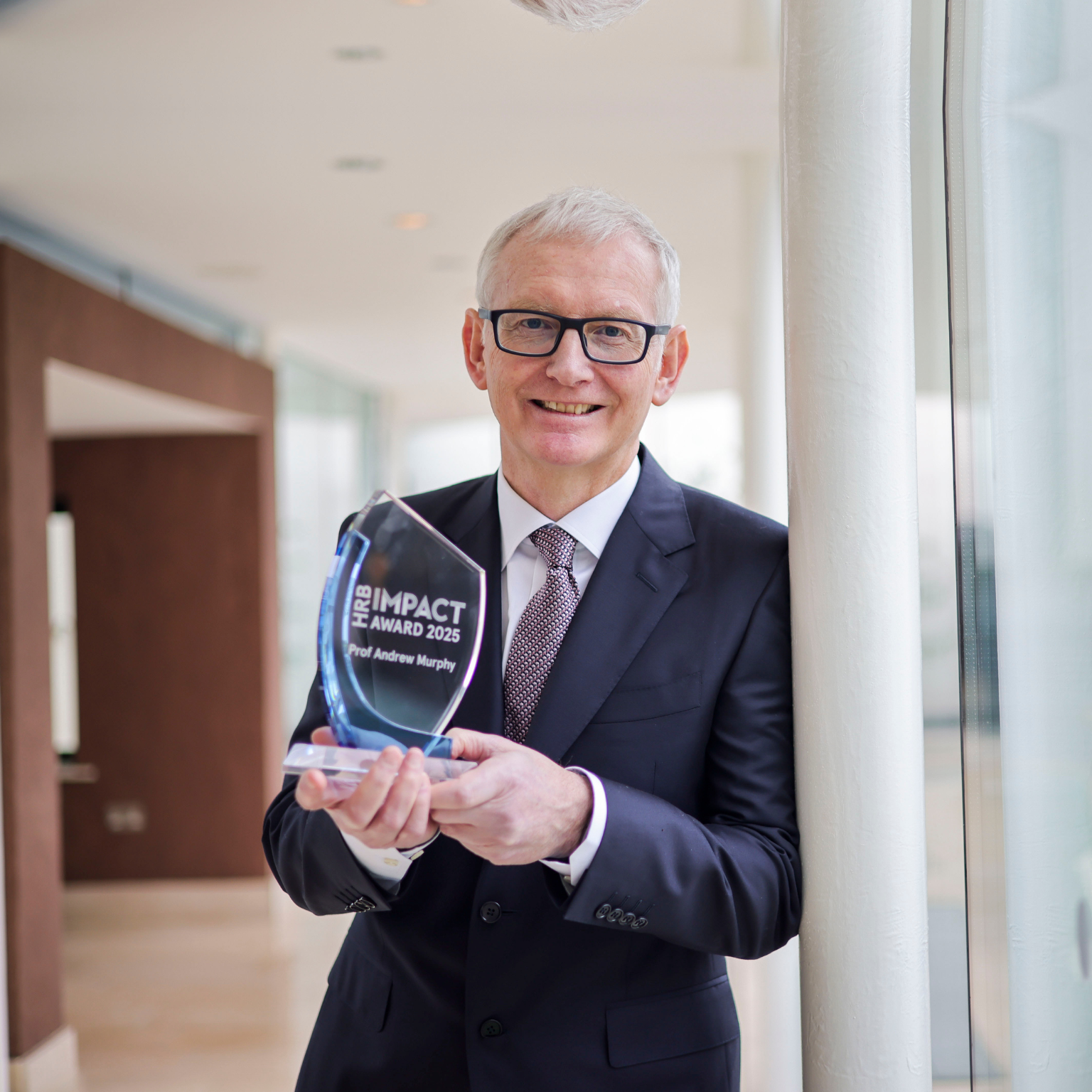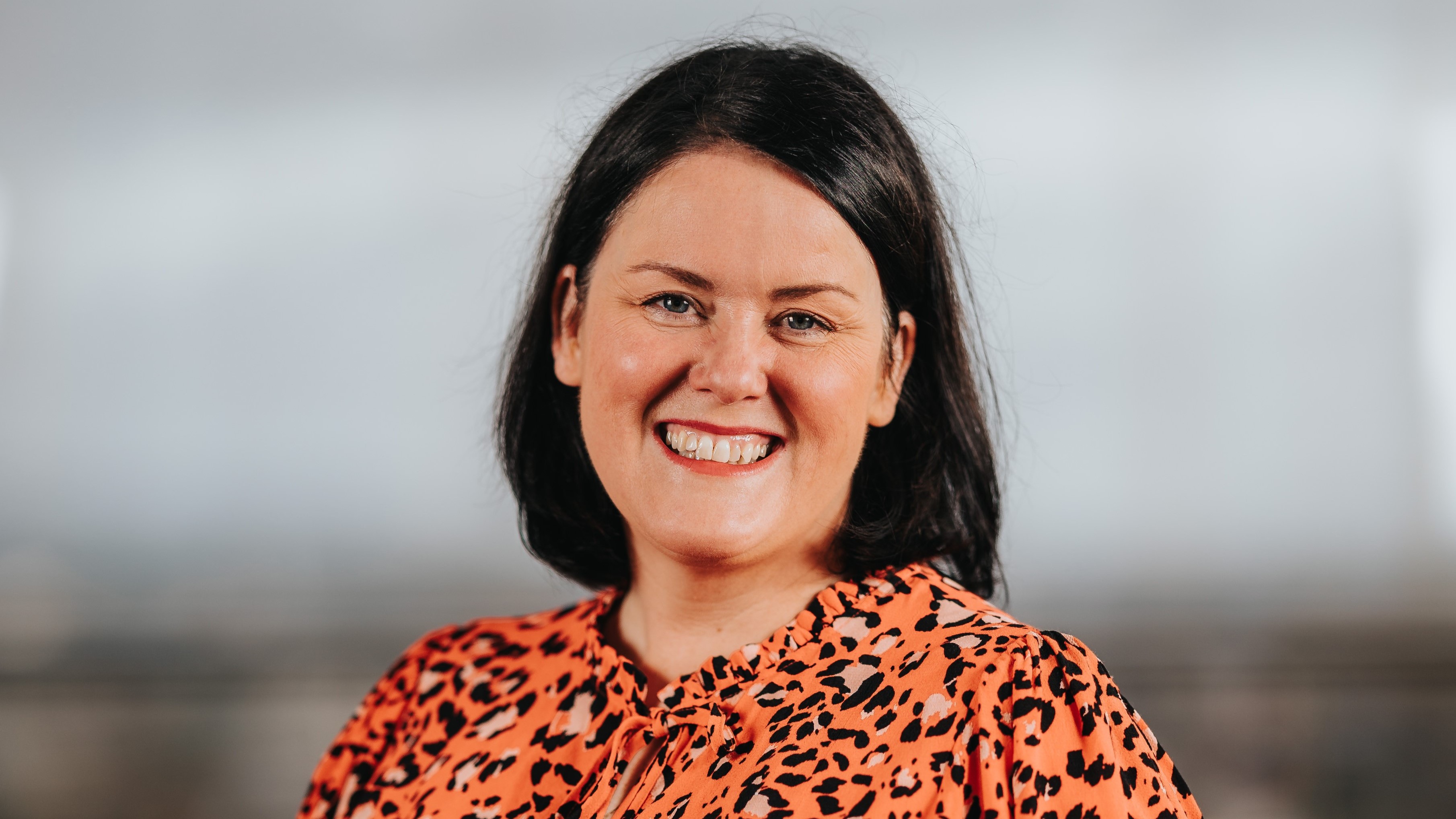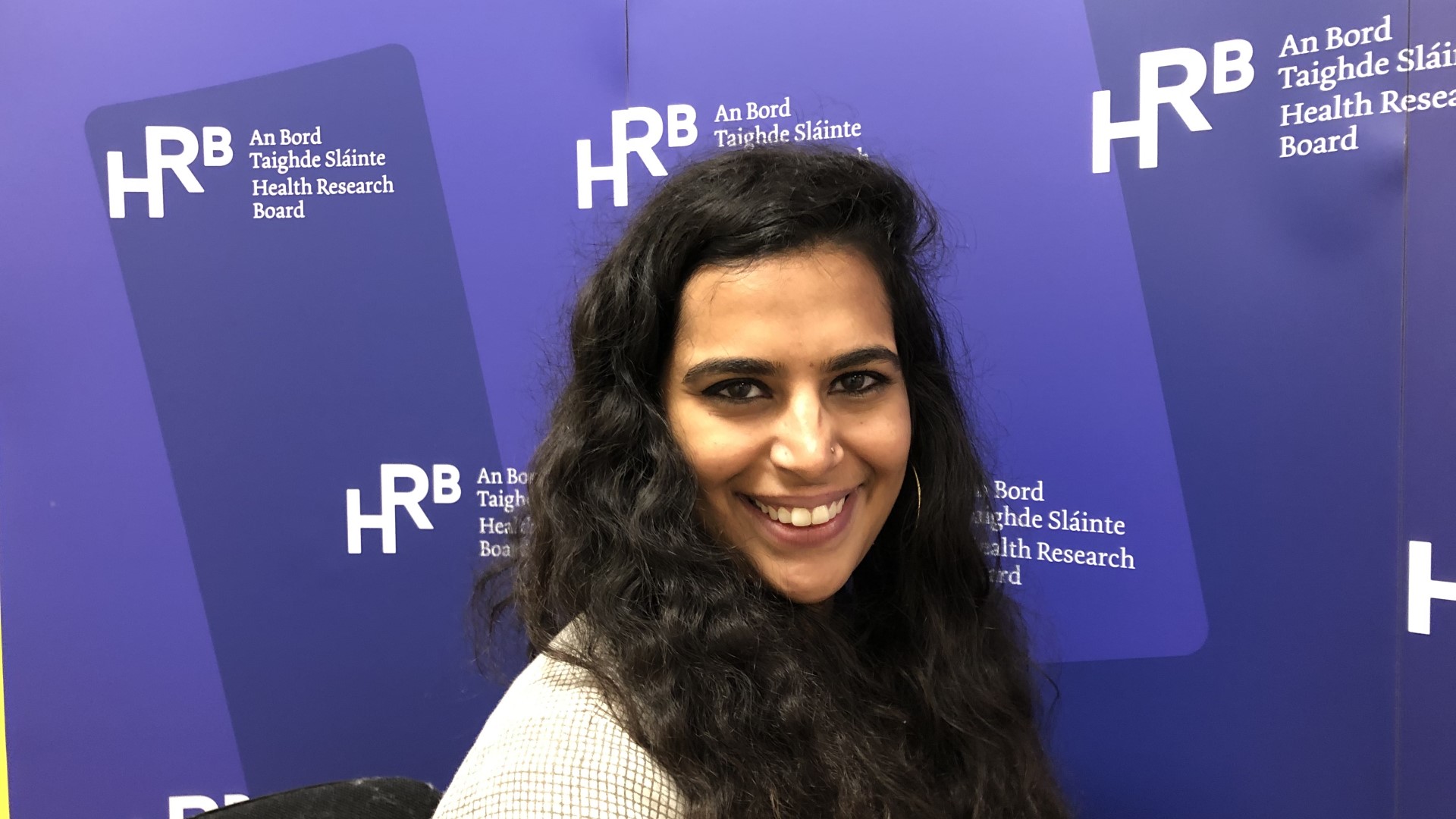Changing how we understand and treat rare diseases
5 min read - 31 Jan 2018
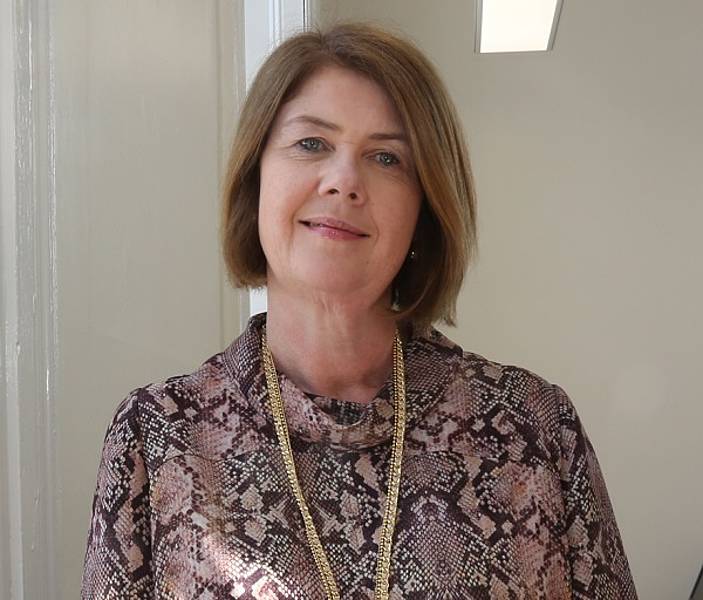
Despite the name, rare diseases cumulatively are not rare. Thousands of known rare diseases affect at least 6% of the population in Europe, and in Ireland alone it is thought that at least 300,000 people in Ireland have such conditions, many with a high incidence in Ireland.
“While their diseases may be varied, what these patients have in common is often the chronic and highly debilitating nature of the conditions and the need for highly specialised multi-disclipinary clinical care, psychosocial care and research which is often scarce and difficult to access, particularly in smaller countries such as Ireland,” explains Eileen, who is Clinical Lead for the National Clinical Programme for Rare Diseases and Consultant Metabolic Physician at Temple Street Children’s University Hospital and the Mater Misericordiae University Hospital.
Fundamental understanding
One of Eileen’s guiding pieces of wisdom in tackling rare diseases research and care came from her training in clinical and biochemical genetics with world leaders in this area, Prof Charles Scriver (Canada) and Prof David Danks (Australia), and during her subsequent academic appointment at McGill University, Montreal, Canada.
During her training, Eileen learned to always ask “why does this patient have this disease now?”, as only by researching and understanding the basic mechanisms of these diseases could we develop new and effective ways of treating them.
In Canada and Australia, Eileen researched the rare inherited conditions PKU and Trimethylaminuria. When she moved back to Ireland in 2001, she continued to work on PKU and became interested in another inherited condition called Galactosemia, where the newborn sustains organ damage from the milk sugar galactose in the diet.
“Galactosemia affects one in 16,000 births in Ireland each year,” she says. “Studies from our group have shown that despite newborn screening and commencement of dietary galactose restriction, over 50% of patients in Ireland have developed significant complications of this condition.”
That sparked her to ask ‘Why?’ and she embarked on a programme of patient-oriented research supported initially by the HRB, the Medical Research Charities Group (MRCG) and Temple St Childrens University (TSCUH) Hospital Foundation.
New insights into Galactosaemia
The standard practice had been to remove virtually all galactose from the diet, which prevents liver failure in babies. Despite this treatment, many people with the condition go on to develop significant issues such as intellectual difficulties, speech abnormalities and infertility in females
The researchers suspected that too much restriction of galactose beyond the newborn period might damage the health of people with Galactosaemia, and Eileen led a team at TSCUH with Professors Pauline Rudd and Peter Doran at University College Dublin to explore the biochemistry of people with the condition. The team developed a patient registry for Galactosaemia and their HRB-funded project analysed the biochemistry and genetics of the patients.
They developed new tests to monitor how their bodies respond to galactose, and now the National Centre for Inherited Metabolic Disorders at the Mater University Hospital is using the technology to monitor adults with the condition as they modify the galactose in their diet.
The HRB-funded research has contributed to revised international guidelines for Galactosaemia. It has also led to an international collaboration with a European Galactosaemia Network (GalNet) (in which Eileen is the Co-Lead) and the development of an international registry and Eileen is now starting a new collaboration with Dr Peter Doran and other European investigators in this network to research new therapies for Galactosaemia.
“Thanks to our research we now know more about the biochemistry of Galactosaemia and we have developed new supports to enable more research into the rare condition and to monitor patients with a more personalised approach to their diet and hopefully improve the outcome,” says Eileen.
Research, policy and patients
While building her research, Eileen has also helped to shape policy on rare diseases. She was one of two HSE representatives for the Department of Health Steering Group involved in writing the first National Rare Disease Plan (2014-2018) and was appointed the Clinical Lead for the HSE/RCPI National Rare Diseases Clinical Programme in December 2013.
As well as her research and clinical work, Eileen spends a very significant part of her time developing strategies around rare disease with the Clinical Programme, overseeing the operation of the National Rare Diseases Office which is a partner in the current EC funded RD-Action grant, training and teaching as RCPI Clinical Genetics trainer as well as being Clinical Professor at University of Dublin and University College Dublin.
Eileen is acutely aware of the challenges in the research infrastructure for rare diseases: “The bottlenecks we face for research in rare diseases are the lack of knowledge about how these diseases develop, the lack of validated biomarkers for monitoring them and the lack of clinicians and resourced expert centres to provide specialised care and research,” she says. “It is hoped that over the next two years that more of Ireland’s rare disease centres of expertise will join and gain from European Reference Networks (ERNs).”
Upcoming workshop for clinical researchers
To promote the importance of clinical research in the field of rare diseases, and to prepare clinicians in Ireland for the opening of a new European Commission research fund call which will benefit people living with rare diseases, the National Clinical Programme for Rare Diseases will host a workshop on 23 February 2018 at the Royal College of Physicians of Ireland, Dublin 2.
To find about more about how to register for this workshop please contact Grace O’Sullivan, Programme Manager, National Clinical Programme for Rare Diseases. ClinicalProgrammeAdmin@RCPI.IE
5 min read - 31 Jan 2018
